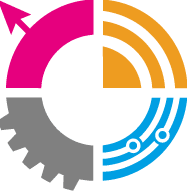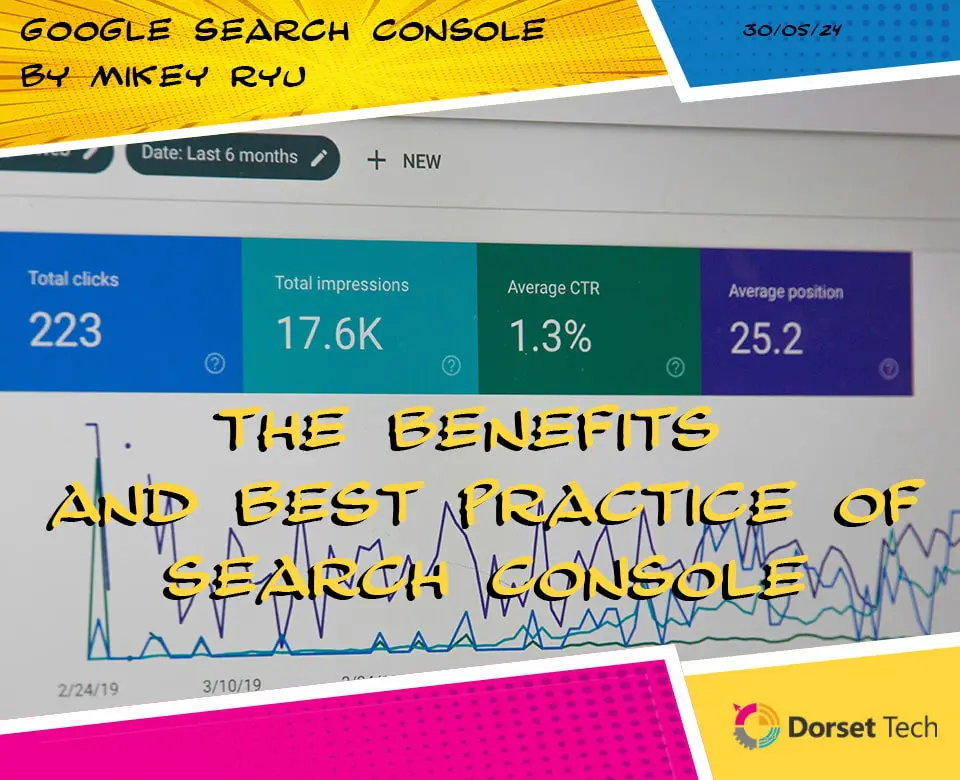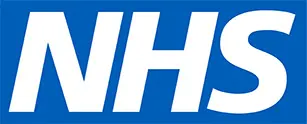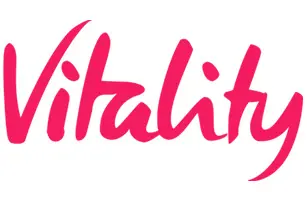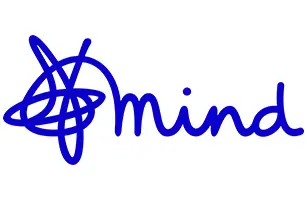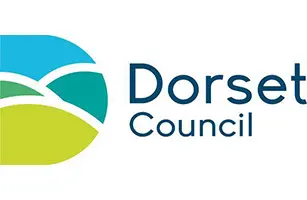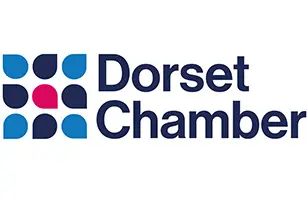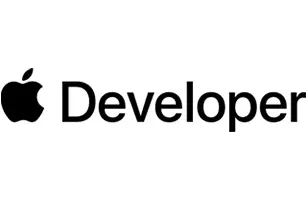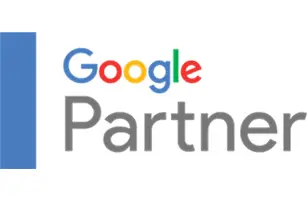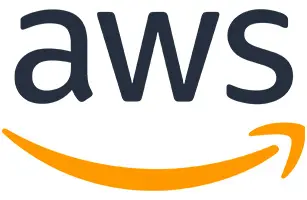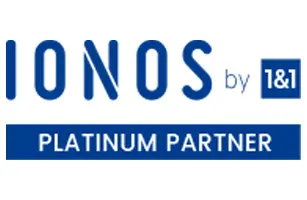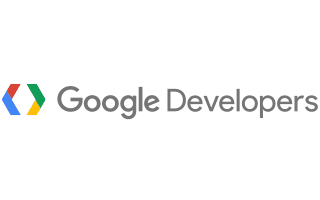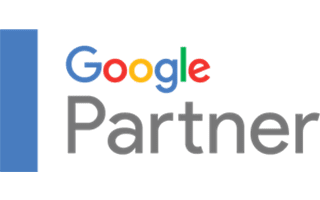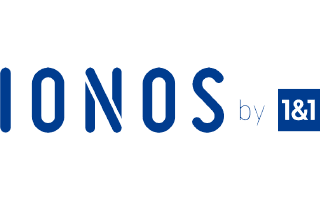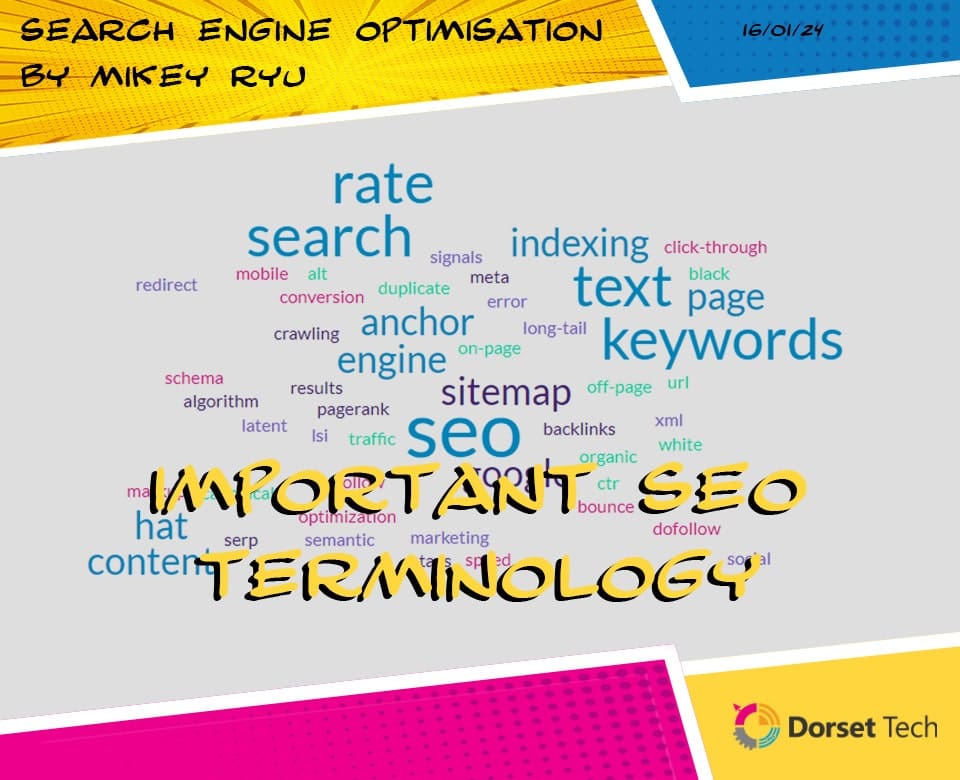
An In-Depth Look at Important SEO Terminology
In the vast and dynamic world of digital marketing, Search Engine Optimisation (SEO) stands as a pivotal strategy for businesses striving to enhance their online presence. As the digital landscape evolves, so does the language that accompanies it. Understanding the key SEO terminology is crucial for anyone looking to navigate and succeed in this competitive realm. In this blog post, we’ll delve into the intricacies of SEO by unravelling some of the most important and frequently used terms.
Search Engine Optimisation (SEO)
At the heart of online visibility lies the practice of Search Engine Optimisation. SEO involves optimising a website’s content, structure, and performance to ensure it ranks higher in search engine results. This process is essential for increasing organic traffic and attracting potential customers.
Keywords
Keywords are the foundation of SEO. These are the words or phrases that users type into search engines when looking for information. Understanding and strategically incorporating relevant keywords into your website’s content helps search engines recognize the relevance of your site to a user’s query.
On-Page SEO
On-page SEO refers to the optimisation of individual web pages to improve their search engine rankings. This includes optimizing content, meta tags, images, and other elements to make the page more appealing to search engines and users alike.
Off-Page SEO
Off-page SEO focuses on activities that occur outside your website but impact its search engine rankings. This includes building high-quality backlinks, social media marketing, and other external factors that contribute to your site’s authority and credibility.
Backlinks
Backlinks, also known as inbound or incoming links, are links from other websites to your site. Search engines view backlinks as a vote of confidence in your content. High-quality backlinks from reputable sources can significantly boost your website’s authority and search engine ranking.
SERP (Search Engine Results Page)
When users enter a query into a search engine, the results are displayed on the Search Engine Results Page (SERP). SEO efforts aim to secure a prominent position on the SERP, ideally on the first page, as users are more likely to click on results higher up.
Algorithm
Search engines use complex algorithms to determine the relevance and ranking of web pages. These algorithms are constantly evolving, and understanding their updates is crucial for adapting your SEO strategy. Google’s algorithm updates, such as Panda, Penguin, and Hummingbird, have significantly influenced SEO practices over the years.
Crawling and Indexing
Search engines use automated bots, known as spiders or crawlers, to scan and analyse websites. Crawling involves the exploration of web pages, while indexing involves storing and organising the information for quick retrieval. Ensuring that your website is easily crawlable and indexable is fundamental to SEO success.
Page Rank
Developed by Google co-founders Larry Page and Sergey Brin, PageRank is an algorithm that assigns a numerical value to web pages, indicating their importance and authority. While PageRank is no longer publicly visible, its principles still influence how search engines assess the authority of a page based on the quality and quantity of its backlinks.
Meta Tags
Meta tags are snippets of HTML code that provide information about a web page to search engines. The two most important meta tags for SEO are the title tag, which defines the title of a page, and the meta description, a summary of the page’s content. Well-crafted meta tags can significantly impact click-through rates from the SERP.
Alt Text
Alt text, short for alternative text, is descriptive text added to an image’s HTML code. This text provides context to search engines about the content of the image, making it accessible to visually impaired users and contributing to overall on-page SEO.
Long-Tail Keywords
While short-tail keywords are brief and generic, long-tail keywords are more specific phrases that cater to a niche audience. Incorporating long-tail keywords into your content helps target a more qualified audience and improves your chances of ranking for specific queries.
Duplicate Content
Duplicate content refers to identical or substantially similar content that appears on multiple pages, either within the same website or across different domains. Search engines may penalize websites with duplicate content, as it can create confusion and diminish the user experience.
Canonical URL
The canonical URL is the preferred version of a web page that search engines should index when there are multiple versions of the same content. Implementing canonical tags helps prevent issues related to duplicate content and consolidates the page’s ranking signals.
Bounce Rate
Bounce rate measures the percentage of visitors who navigate away from a website after viewing only one page. A high bounce rate may indicate that the content or user experience needs improvement, potentially affecting your site’s search engine rankings.
CTR (Click-Through Rate)
Click-through rate is the percentage of users who click on a specific link compared to the total number of users who view a page, email, or advertisement. A higher CTR indicates that your content is compelling and relevant to users, positively impacting your SEO efforts.
Schema Markup
Schema markup is a code that you add to your website to provide more information about your content to search engines. It helps search engines understand the context of your content, leading to enhanced rich snippets in the SERP, such as star ratings, product prices, and event dates.
Sitemap
A sitemap is a file that provides a map of your website’s structure to search engines. Submitting a sitemap to search engines helps them crawl and index your site more efficiently, ensuring that all pages are considered for search engine rankings.
Crawling Budget
The crawling budget refers to the number of pages a search engine bot can and should crawl on your site within a given time frame. Optimizing your site’s structure and removing unnecessary pages can help ensure that search engines allocate their crawling budget to the most important pages.
301 Redirect
A 301 redirect is a permanent redirect from one URL to another. Implementing 301 redirects is crucial when you change URLs or move content to a new location, ensuring that search engines and users are directed to the correct and updated information.
Conclusion
In the ever-evolving landscape of SEO, staying abreast of the terminology is essential for digital marketers, business owners, and anyone seeking to establish a robust online presence. This blog has provided an in-depth exploration of some of the most important SEO terms, shedding light on the intricate web of strategies and techniques that contribute to a successful SEO campaign. As technology continues to advance, adapting and incorporating these concepts into your digital marketing arsenal will be instrumental in achieving and maintaining a competitive edge in the online realm.

